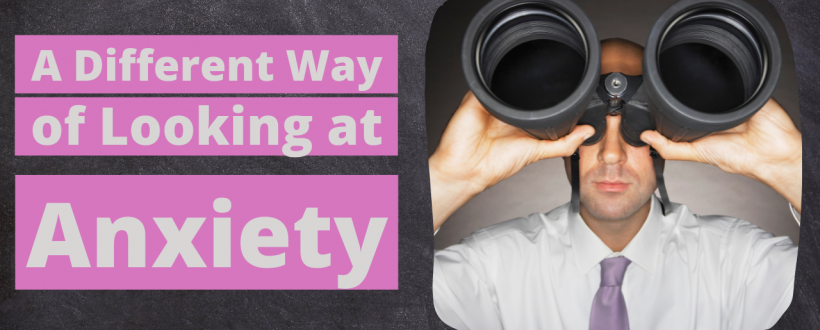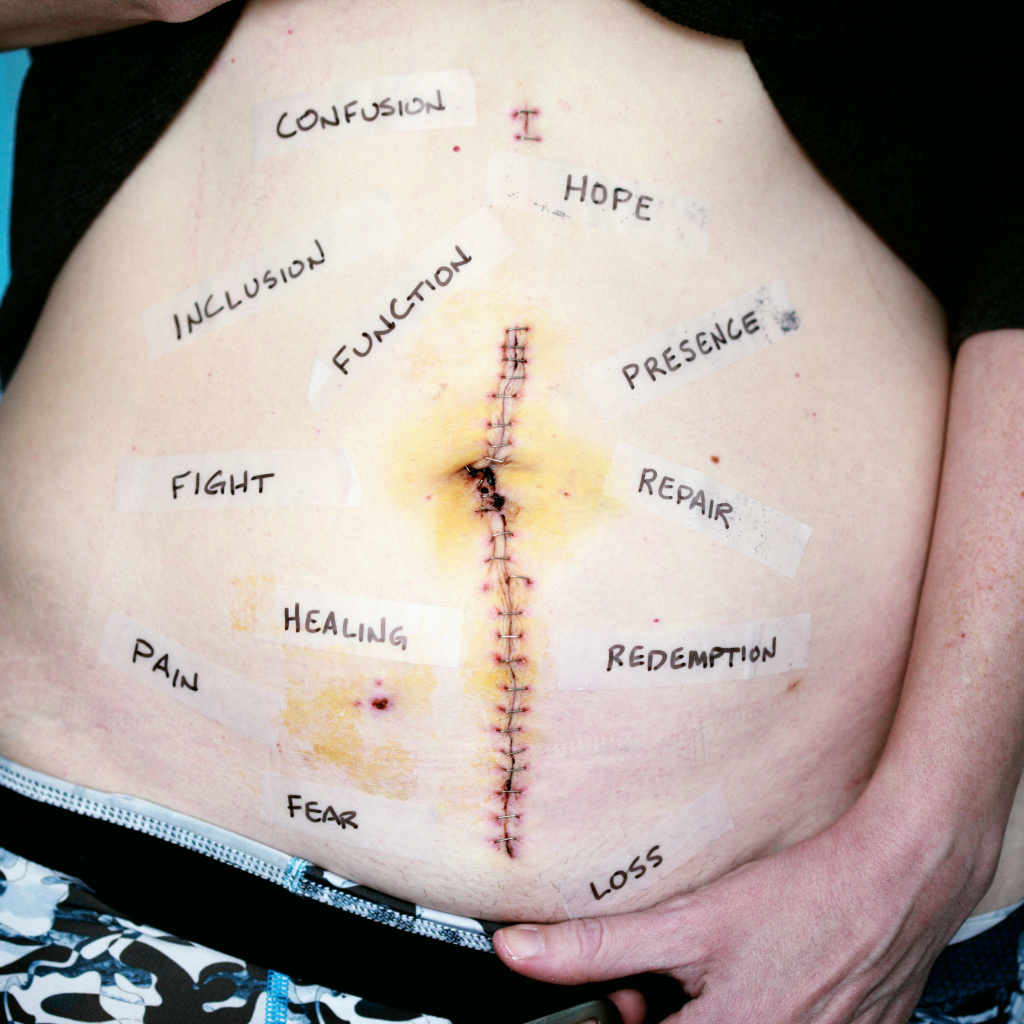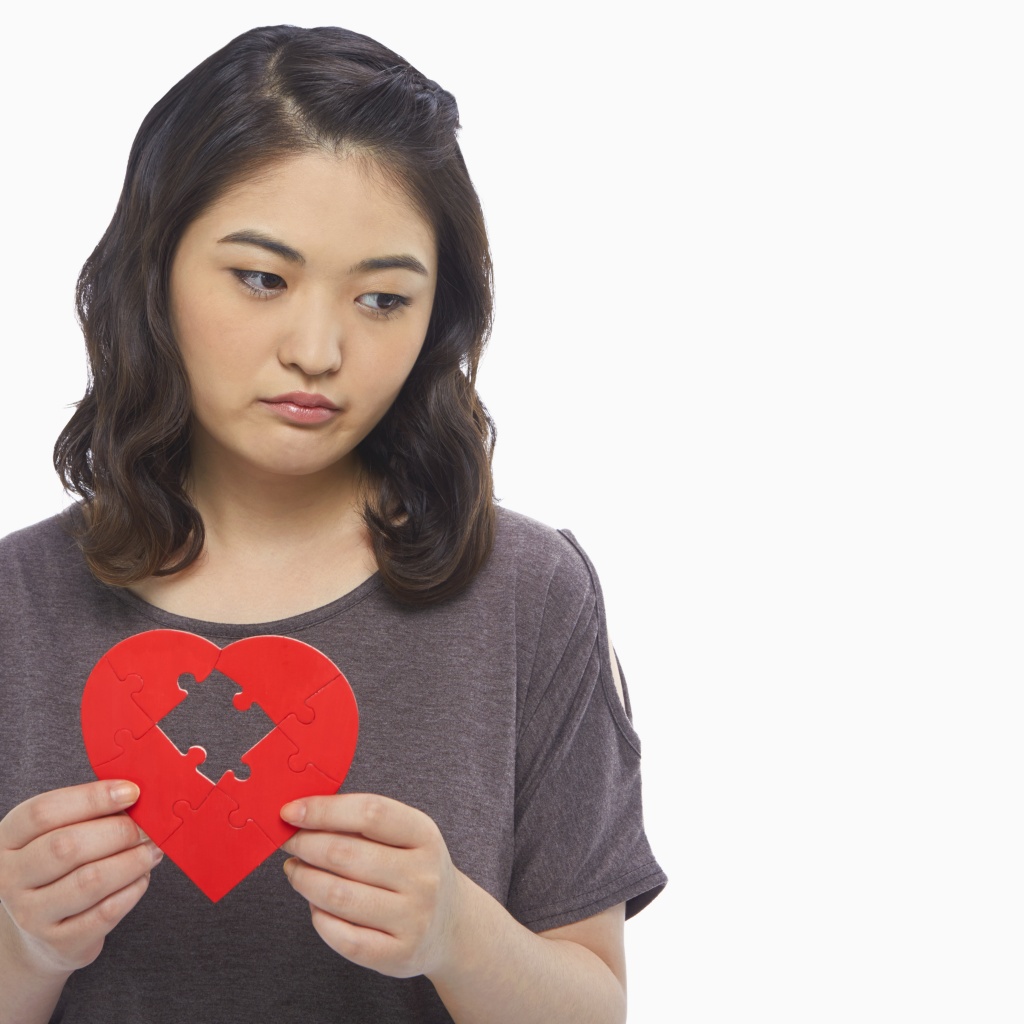Trauma therapy is a form of hypnotherapy and energy healing that uses the experience of trauma to heal emotional and physical wounds. Trauma therapy promotes self-soothing, alleviates anxiety, reduces stress, and may help individuals come to terms with the impact of trauma on their lives.
The new paradigm in trauma therapy is designed to help people heal from the effects of trauma through a process called “energy healing”. Energy healing works by helping an individual re-energize their own body’s energetic field which provides emotional support for physical healing.
This helps heal many aspects of one’s life such as chronic illness, depression and anxiety. A typical energy healing session lasts one hour and involves various techniques including, Reiki (a form of energy healing), Transformational Energy Healing, 5th-dimensional healing, Mindfulness meditation and deep breathing exercises.
Trauma therapy techniques can be tailored to address specific issues or be used as a stand-alone practice that can be used in conjunction with other therapies (such as psychotherapy).
What are the 5 types of trauma?
There are two types of trauma, physical and psychic. Trauma is an experience that alters the brain’s function and behaviour. The term ‘trauma’ was first used in a book called Trauma and Recovery by Eric Berne in 1971 but became more popular with the release of Steven Hassan’s book on the topic in 1988. Today there are different types of trauma:
1. Physical – for example: accidents, warfare, sexual abuse, natural disasters – physical trauma involves physical pain (such as burns), harm to organs (such as bleeding), or injury to body parts (such as broken bones).
2. Psychic – for example: rape, incest, child abuse and neglect – psychic trauma involves psychological pain (such as nightmares) or psychological damage (such as dissociation).
3. Identity – For example: bullying or rejection by friends or family members – identity trauma refers to a sense of detachment from one’s self-concept and identity that can lead to self-destructive behaviours such as substance abuse and depression.
4. Trauma Emotionality – For example: having to face your own death If you have experienced any one of these forms of traumatic experiences you may be suffering from one or more of these traumatized states, depending on the severity of your wounds. The good news is that you can heal from them with proper treatment and counselling. And therapy is just one type of treatment after all!.
What is Trauma Therapy?
Trauma therapy is a type of psychotherapy that uses the power of energy to treat stress, anxiety, phobias and other psychological problems. There are three main reasons why people take up trauma therapy:
1) You have been subjected to traumatic events and you don’t know how to deal with your emotions and trauma.
2) You need to cope with painful situations and feel alone.
3) You have suffered from traumatic events and you want a better understanding of the things that happened to you.
These are not mutually exclusive motivations for taking up trauma therapy; most people who do it for one or both of these reasons also feel like it will help them in other ways. The fact is that there are many types of trauma therapy available, each with its own set of benefits and drawbacks depending on the reason for taking it up.
Combining hypnotherapy with energy healing is a powerful way of helping to change the way that your mind thinks (your mental health) and also releasing the energetic blocks being held by the body. This combination can help you to work through a traumatic experience and release the trauma memory. This leaves you free from the emotional or psychological harm that you used to experience and free to live your life.

How is Adult Trauma Treated?
The current standard of care for traumatic experiences is Cognitive Behavioral Therapy (CBT). It works by helping the brain to reorganize and function in a more adaptive manner, which helps to treat symptoms. Cognitive Behavioural Therapy I find is more about distraction techniques than treating trauma on the deeper level that it needs to be healed.
The new standard in trauma therapy for childhood and adult trauma is a combination of hypnosis and energy healing. The energy healing part of this therapy is a form of trauma treatment that helps you to find the root cause of unhealthy behavior patterns and mental health symptoms. Each traumatic experience can be worked through and released in turn.
Two different therapies are used in trauma-focused therapy: hypnosis and energy healing.
Hypnosis is a technique that helps the patient to relax and become more at ease with their bodies, while they are being hypnotized by the therapist’s voice.
Energy healing can be thought of as psychosomatic medicine, which uses various techniques to help heal a client’s body through treatment and other techniques.
Self-Hypnosis as Your Own Trauma-Focused Therapy
Self-hypnosis is an approach in which you learn how to control your own mind without consciously thinking about it. It involves learning some skills like dissolving thoughts into your subconscious so that they cannot come back into consciousness, learning how to concentrate on what you want, how to focus your attention properly, and learning how not to react emotionally when you’re faced with something unpleasant and so on. Self-hypnosis techniques are based on previous research done in hypnotherapy.
You learn relaxation techniques such as slow breathing exercises along with progressive muscle relaxation techniques like visualisation exercises for deep relaxation and meditation along with progressive muscle relaxation techniques.
Practised regularly helps increase the effectiveness of self-hypnosis so it becomes easier for people who practice it regularly to use it effectively in all areas of their lives including work performance, schoolwork sessions and all interactions around them such as family members or friends especially when they feel unsure about themself or others around them which may lead them into emotional difficulty.
How Does Trauma Therapy Work?
Trauma therapy is a powerful and effective form of healing that uses the experience of trauma to alleviate emotional and physical wounds. By soothing the mind and body, trauma therapy can help individuals come to terms with traumatic events, reduce stress and anxiety, and promote overall mental health.
The future of trauma therapy lies in energy healing, which works by helping individuals reconnect with their own bodies’ energetic fields. Through this process, individuals can access the support and healing they need to overcome trauma and begin the journey towards recovery and well-being. Whether you are a trauma survivor yourself or are seeking help for a loved one, energy healing offers a powerful new paradigm in trauma therapy that can help you on your journey to healing and restoration.
Trauma therapy is an approach to treating complex mental disorders that focuses on how the mind may react when faced with traumatic stimuli. It can be used for treating a variety of mental disorders including PTSD, schizophrenia, alcoholism and various forms of depression.
What happens during trauma therapy?
An estimated 65% of people have experienced a traumatic event such as a car accident, abuse, or disaster. One in six people will experience a traumatic event that is potentially life-threatening or life-changing. Trauma is the psychological and emotional impact of an event or experience that forces people to confront their emotions and thoughts about the situation.
Even if you had never experienced a traumatic event, you may be experiencing this type of emotional stress due to past events. People who grow up in a trauma-sensitive environment can be more likely to experience difficulties regulating their emotions when confronted with trauma-related situations. In one study of adult survivors of childhood trauma, 49% had had childhood abuse and/or neglect (physical or sexual), 41% were sexually abused by age 6 years, and 19% were sexually abused by age 13 years. Other studies have shown that adult survivors of childhood violence are more prone to post-traumatic stress disorder (PTSD).

What is the goal of trauma therapy?
The goal of trauma therapy is to help you heal from the lasting psychological effects of severe trauma. A traumatic event like sexual abuse, physical assault, and natural disasters impact the body in many different ways. All of these can have a huge effect on your mental health and wellbeing. The best way to heal from trauma is through energy healing, hypnosis and various other techniques such as yoga, meditation and mindfulness meditation.
While there is no one “right” answer to whether a traumatic event has caused PTSD symptoms within the mind or body. there are many treatment options available in the form of psychotherapy, hypnotherapy, cognitive behavioural therapy, energy healing and psychiatry. In fact, therapy is the only treatment option that has been proven to be effective over time.
The goal of therapy is to help you learn coping skills to work around your symptoms so you can live a healthier life free from repetitive trauma. How does that work?
By understanding how your mind/body work, what triggers symptoms in particular areas of your brain, whether any particular event was just an isolated incident or part of a larger pattern/cycle/triggered by previous events; learning which therapies are most effective for you (i.e., hypnotherapy) without resorting to drugs or surgery; learning what emotional triggers are at play; creating new healthy patterns that don’t cause symptoms.
This way you can live a more balanced life free from emotional pain and burnout while providing relief for those who have experienced severe trauma in their lives.
What therapy approach is best for trauma?
There are different types of trauma: physical, emotional, psychological and spiritual. People are more likely to suffer from physical traumas such as heart attacks, strokes, car crashes and so on. In the case of emotional trauma, post-traumatic stress disorder (PTSD) can affect anyone without any prior exposure to the event. The most common example is rape or sexual assault, where people are frightened and confused by the experience they have just undergone.
***
People are likely to experience psychological trauma through a traumatic event at some point in their lives. Fortunately, trauma-focused therapy is a form of hypnotherapy and energy healing that can provide relief from the effects of trauma and promote overall healing.
Spiritual trauma can include feelings of isolation, helplessness, and disconnection. Being disconnected from oneself and the people around you.
In all cases, there is a need for therapy to help resolve the trauma and help one find relief from it. However, there is a difference between physical and emotional trauma. Physical trauma will require you to undergo surgery or take medication to restore your health — but psychological trauma can only be resolved through therapy sessions that focus on healing your mind by changing your thoughts and beliefs about yourself (especially your self-image).
In this trauma-focused therapy, you will be free of the fear that you may re-experience a traumatic event again in the future. The goal of therapy is to find a way through the pain that you experienced in order to move forward with life in a more positive manner and with less anxiety about future events.
What is the most effective therapy for childhood trauma?
There is no single answer to this question. There are many different types of therapy, and each is effective in its own way. For example, one type of therapy for trauma is cognitive-behavioural therapy (CBT). CBT helps people to see the effects of each traumatic event, and then to make changes to help them get through life better. This can help children and adults cope with challenging situations better.
But there are other forms of therapy that can help people heal from trauma much faster. These include hypnosis, energy healing, past-life regression therapy and various other forms of spiritual healing. All types do the same thing: help you to overcome your negative thoughts and feelings through a process of accepting them, letting go of them, and focusing on the positive things in your life instead. For example, a person who has been through a military conflict may be able to feel calm after hypnosis while others may not be able to because they are still overwhelmed by the event. A trauma therapist can help you through this process by helping you learn how to let go of what happened so that you can focus on what’s at hand right now instead.

How to Find a Good Trauma Therapist
During the past few years, more and more people are reporting that their mental health has improved since they started using energy healing. Energy healing is a type of therapy in which the practitioner uses various techniques to help the client to heal from trauma and help them get rid of any negative energy that is preventing them from living a happy, healthy life.
With more and more people opening up about their mental health improving due to energy healing, it becomes important for therapists to be able to provide the best possible care for their patients.
What is an effective therapist? Is it important to find a good therapist that can help you heal your mental health? A therapist will always take into consideration their particular duties as well as what they think is best for each client. It is helpful to find one who has been trained by experienced therapists so that you can get the best possible treatment for yourself.
Trauma Therapy Near Me
Paul Ramsden uses hypnosis and energy healing to help people overcome traumatic experiences. He has been practising trauma therapy for over 10 years and has an extensive range of skills and experience to help you to release experienced trauma, complex trauma and treat PTSD.
If you are looking for trauma therapy in Leeds, West Yorkshire you can book face to face sessions by simply going to the contact page. If you live further afield, you can have these sessions online. Simply go to the contact page and let Paul Ramsden know which country you are in and arrange an online initial consultation.













